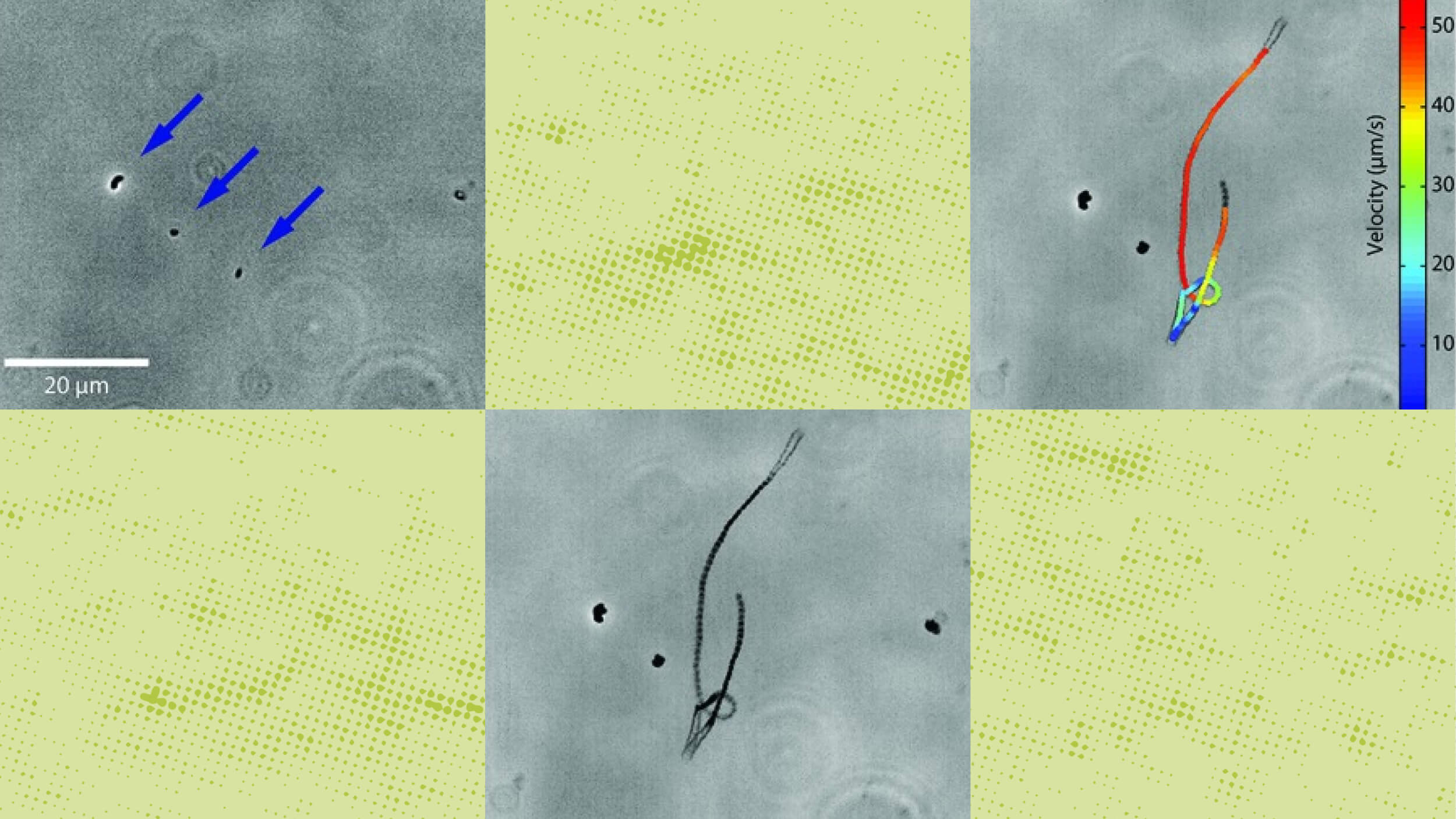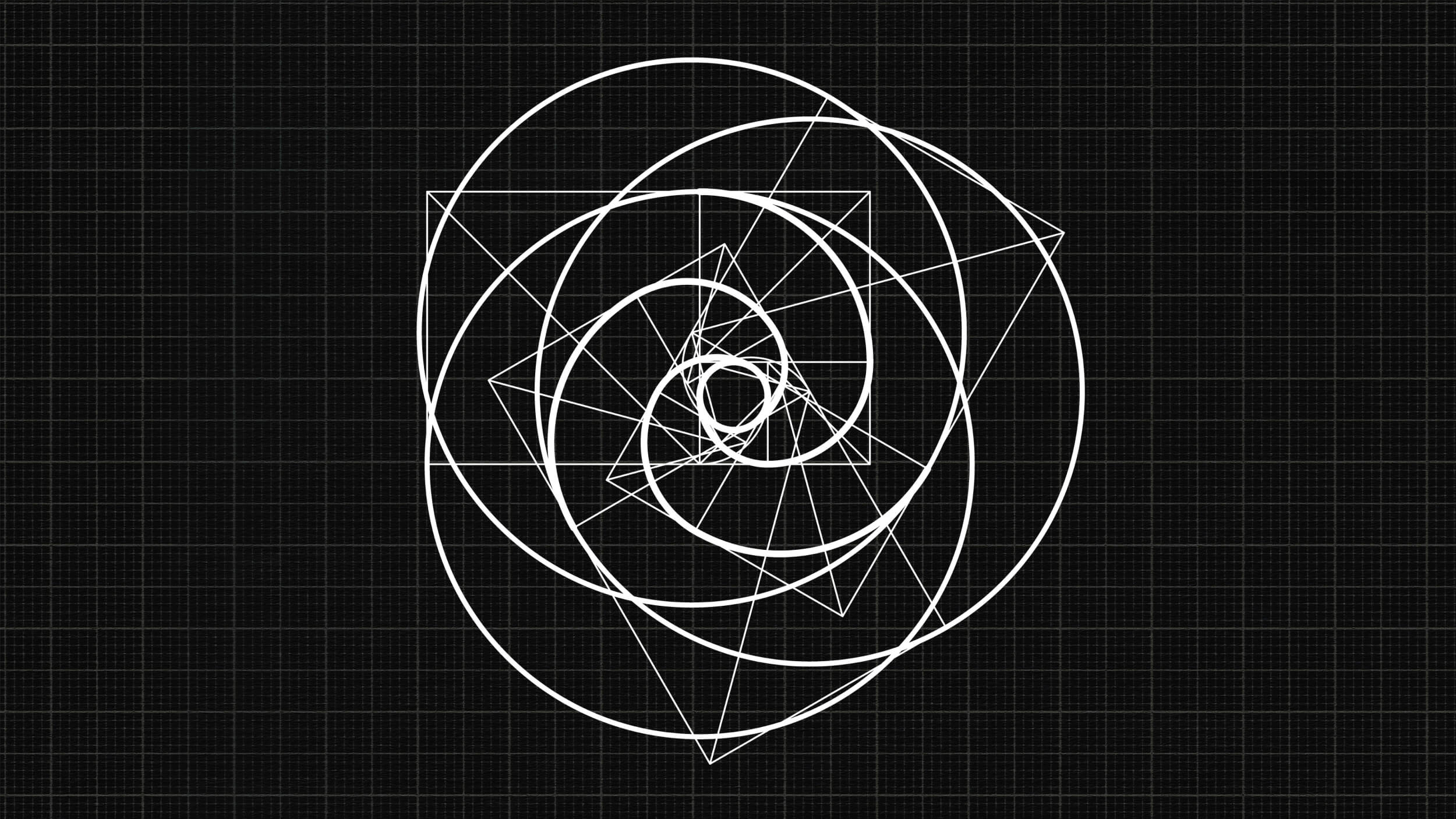Question: What is string theory?
David Albert: String theory is a version of quantum mechanics. That is, quantum mechanics is less a completely specific theory than a class of theories, theories that involve this principle of superposition that we were just talking about, theories whose fundamental equations of motion have a certain particular kind of mathematical structure, so on and so forth. So one can enumerate five or six basic principles of quantum mechanics, okay, and these principles allow for a rather wide range of more specific claims of exactly what elementary systems the world is made of and so on and so forth. So string theory is one version of quantum mechanics, one version of a quantum theory. It's a theory whose fundamental ontological entities aren't particles, but these one-dimensional objects, these strings. And that fundamental ontology looks promising for all sorts of reasons, especially in regard to attempts to make a coherent quantum theory of gravitation and so on and so forth.
But in the context of our discussion here, it's one version of a quantum theory. It shares all of the weird properties that we were just talking about, the measurement problem, the principle of superposition, so on and so forth, with every other quantum theory. And these foundational problems, especially the measurement problem, come up in string theory in exactly the same way as they come up in older versions of quantum mechanics.
Question: How might we establish the truth of string theory?
David Albert: We need to smack particles together -- you know, this is of course a -- one doesn't want to anticipate what's going to happen, and maybe tomorrow somebody's going to figure out some much more clever and much cheaper experimental method of distinguishing between string theories and other quantum theories that we have -- but insofar as we know at the moment, the only way of getting a handle on whether or not string theory is true is going to be the very brute-force, very expensive project of building these huge accelerators that are going to smack particles together with such intensity, that is with energies reminiscent of the energies that the particles had in the very early milliseconds of the life of the universe, where the predictions of string theory are going to differ from the predictions of other interesting quantum theories that we have on the table. So it's going to be a matter of doing those experiments.
Question: Is the Large Hadron Collider capable of doing this?
David Albert: It's -- no, even that -- I mean, there may be -- the evidence that we would get even from that, as far as I understand the matter, would still be rather indirect, although there are things that could emerge from those experiments which would be a more comfortable fit for certain string theories than for other theories that we have on the table. But even that evidence is going to be rather indirect. You know, what most people say nowadays is, look, the best evidence we have for string theory is that there is a phenomenon of gravitation, and we don't know any way besides string theory of making gravitation compatible with quantum mechanics.





